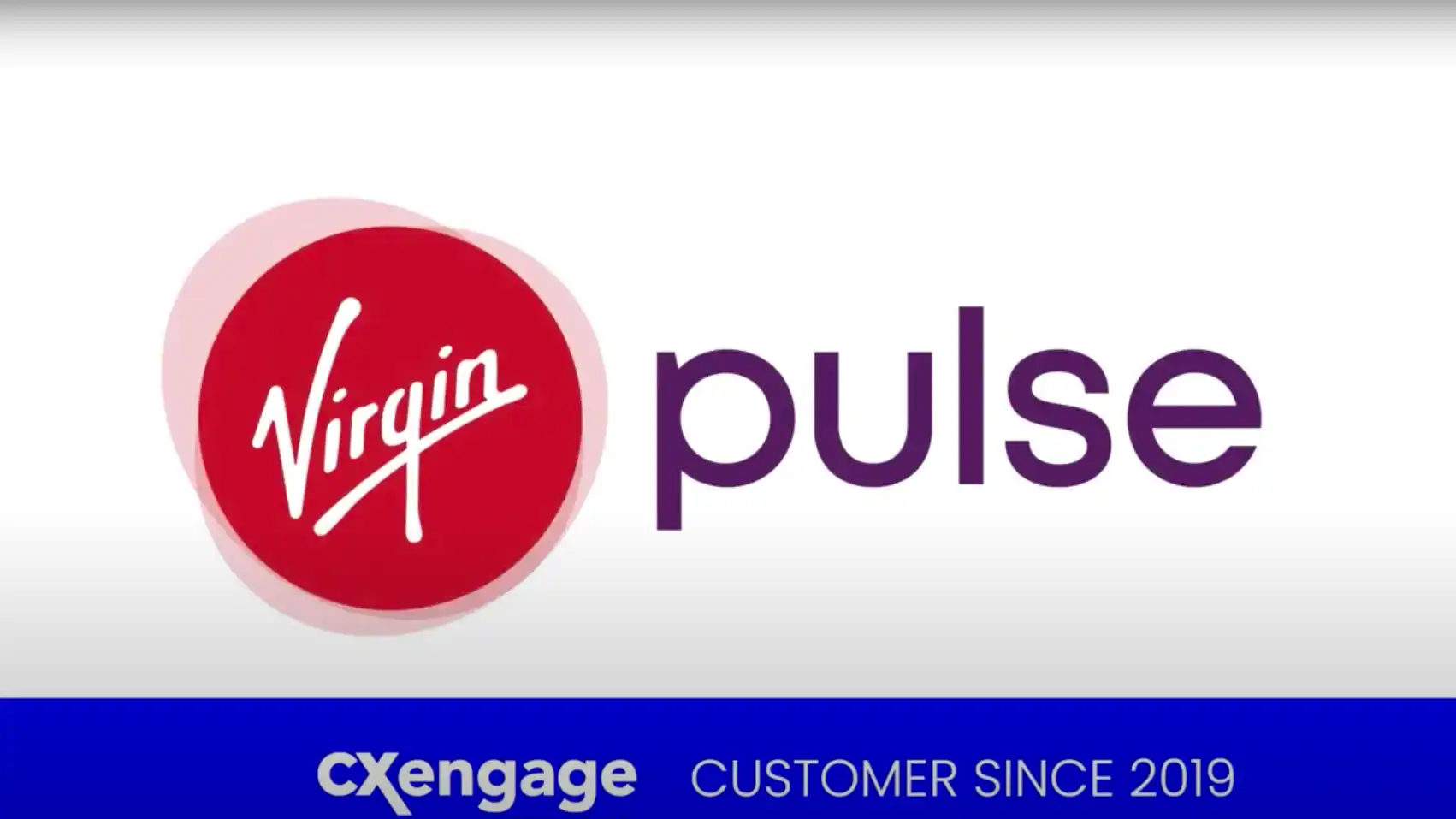Workplace stress is increasing. And so are the sources of it. A survey by Northwestern National Life revealed that 40% of respondents say their job is “very stressful” or “extremely stressful.”
For contact center agents, ambitious performance metrics, monotonous tasks and challenging customer interactions ratchet up the job-related stress levels. And while workplace stress is a clear threat to the health of individual employees, it also directly correlates to the perennial contact center challenges of agent recruitment, retention and engagement, all of which have very direct effects on customer experience.
So, if you’re looking for ways to address your contact center’s—and organization’s—biggest priorities, take a closer look at the stress levels of your agents.
Antidotes to Burnout
Listening to customer problems all day is never a walk in the park. Combine it with the increasing pressure of having to quickly solve one problem, then immediately move to the next, and you’ve got a recipe for burnout.
And agents do burn out. Industry-wide attrition rates support that. So does the money you’re spending on recruitment, onboarding and training.
Fortunately, there are ways to help.
In a May 29 article, HR Technologist outlines strategies and technologies employers can use to combat workplace stress, especially for your most sensitive (and often more challenging) employees. Here are the top four recommendations.
Offer Flexible Working Conditions
According to the article, this includes work-from-home options, easy shift changes, flexible hours and the opportunity to collaborate in multiple ways, not only while in the office. Workforce management tools can help contact centers deliver these kinds of benefits by optimizing staffing and increasing forecast accuracy so you always have the right number of agents available to meet service levels while improving agent engagement and satisfaction.
Adopt Continuous Two-way Feedback
Annual appraisal cycles can trigger agent stress. The better approach is a continuous feedback process. Quality management can help by monitoring and evaluating agents’ interactions with customers by recording calls and capturing agents’ desktop screens for ongoing evaluation.
Connect Performance Management to Purpose
Performance management is another area where agents can become self-critical and increase stress. By linking performance management to larger organizational goals, contact center leaders can help agents see the bigger picture and avoid getting derailed by short-term obstacles. The HR Technologist article specifically cited Serenova’s performance management, gamification and agent engagement solution, CxEngage Scoreboard, for “making great strides here, with an end-to-end platform for KPI-to-business outcomes integration, auto-generated coaching sessions, and motivational driver identification.”
Include Apps for Mental Health in the Workplace as Part of Employee Benefits
A simple but often overlooked way to ensure mental health in the workplace is by improving access to stress-management tools. For example, a subscription to a meditation app or even ambient music can reduce stress levels. Solutions like Zestful allow companies to make this part of employee benefits packages.
Better Agent Experiences = Better Customer Experience
Reducing agent stress makes a big difference in how long agents stay in their jobs, and retaining agents has a significant impact on recruitment, onboarding and training costs. A study on contact center performance by McKinsey showed satisfied contact center agents are:
- 5 Times more likely to stay with a company than leave within a year
- 4 Times more likely to stay at a company than their dissatisfied colleagues
- 16 Times more likely to refer their friends to the company
- And 3.3 times more likely to feel empowered to resolve customer issues—good news for customer experience
The stress levels of your contact center employees matter. Engaged agents mean happier customers, which takes the pressure off everyone.






